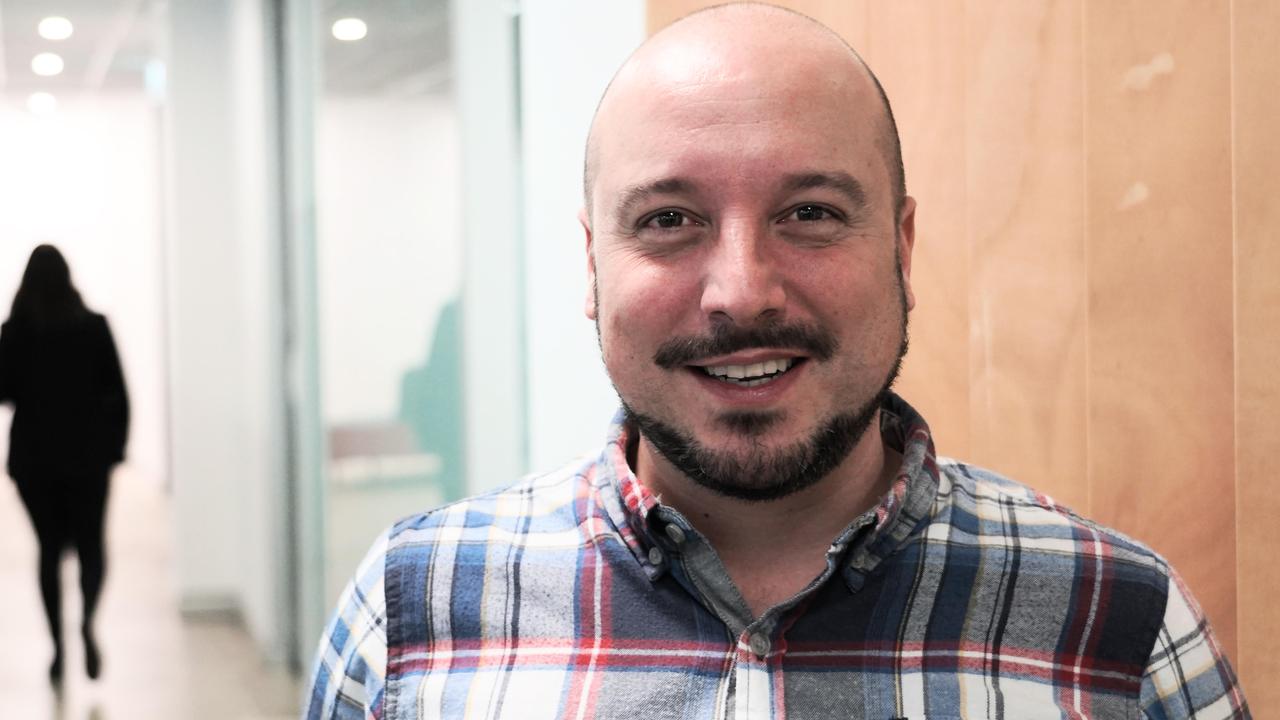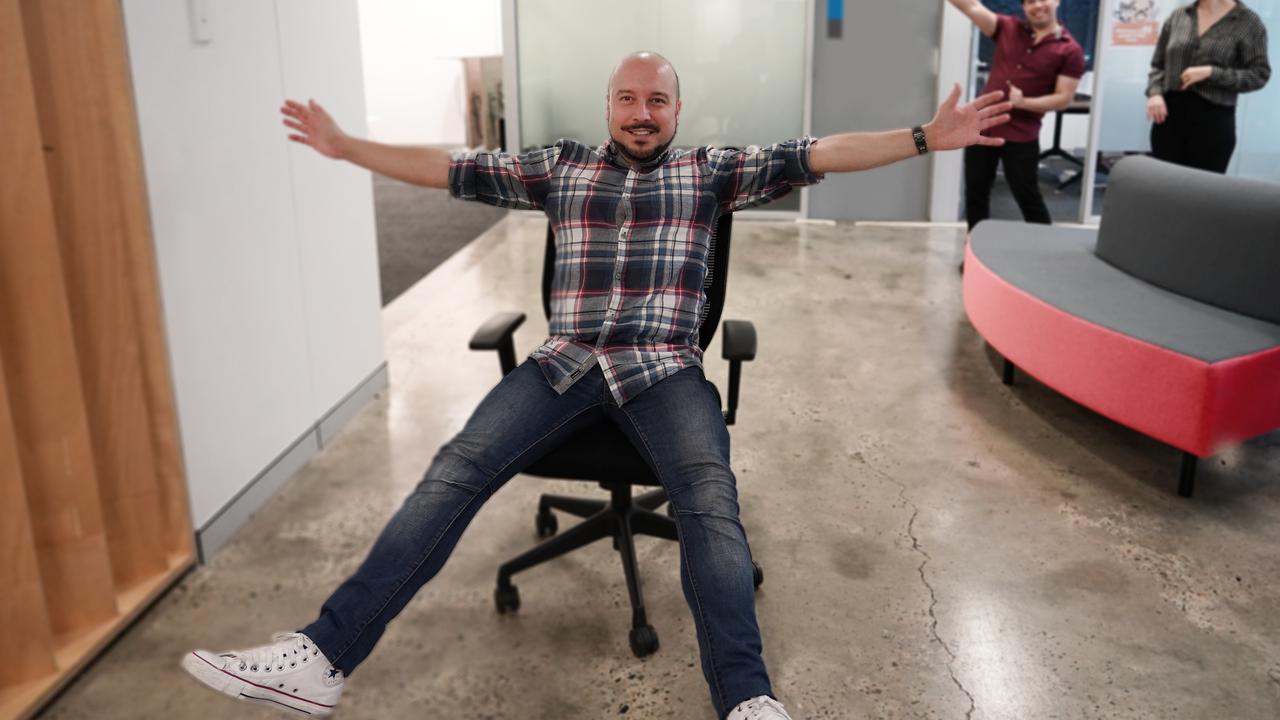How hospitality worker reinvented himself post-pandemic to score new career
Brent Brentan found himself facing an uncertain future when the pandemic hit – so he did something new and thousands of Aussies are following suit.
The first thing Brent Brentan felt when the pandemic hit was fear.
“I was scared of the virus, of course,” explains the Italian-born Sydney man, “I was worried for my family at home but I also immediately lost my job in hospitality, and didn’t know what was going to happen next.”
“I think it was March 4,” Brent continues, “so very early on in the scheme of things, which left a lot of time to ponder my next move.”
Like thousands of hospitality workers around the country, the lockdowns meant the future was uncertain for Brent, who had 15 years of experience in the industry, including a stint managing for the iconic Rockpool Group.
“I was really worried that the hospitality industry was permanently decimated, and I thought to myself – ‘I need to do something completely different,’” he says.
“I’d always had an interest in tech, and I’d always wanted to learn coding but had never had the time with the long hours I’d been putting in with my old career. So I did a bit of research, and found a course.”

Brent’s decision to pivot into tech is part of a wider trend, in part driven by the pandemic. It even has a name: digital upskilling.
“The world is swiftly moving towards an all-digital future, and as technology advances the global workforce needs to adapt and transition to remain effective,” explains Sally Elson, Head of People at MYOB. “The more digital processes a business takes on, the more important it is to not only recruit new talent that has the required digital skill sets to navigate those processes, but to also provide digital skills training to the existing team.”
“It is estimated that more than 250,000 Australian jobs will be created through digitisation by 2025 and by 2030 the entire Australian economy will have transitioned to become completely digitally driven. At present, almost two in three Australian workers apply digital skills in their work, and in the next five years that number is set to reach 90 per cent.”

While Brent considered enrolling at TAFE or Uni to expand his skill-set, he also wanted to expedite the process. He found a three-month intensive course called ‘Coding Bootcamp’ and enrolled to complete it part-time over six months.
After completing his training, Brent landed a role with ARQ, a tech solutions provider committed to re-skilling employees into tech roles.
“Some of the most in-demand roles we’re seeing at the moment include product designers, engineers (Data, Cloud, Platform), developers, and delivery specialists,” explains ARQ Group CEO Tristan Sternson.
”For Australia to become a world-leading digital economy we must work together to develop new, homegrown talent to meet surging demand across digital technology industries. We’re techies at heart and have implemented our ARQ Academy program TDx, where we’ve trained over 100 individuals into tech-related roles and are on track to double that in 2022”
Now working as an Associate Software Engineer at ARQ, Brent says that the trade-off for starting at the bottom of a new industry after so long at the top of his last one is the possibility for growth.
“It’s so rewarding to know that there is no limit to the progression in the digital world,” Brent says, “people outside of tech think that everyone working in tech has to go through the classic computer science degree, but they don’t actually want that. A diverse background and transferable skills make the tech world richer. I’ve brought a lot of skills from my years in hospitality across to my new role, and it’s for the better.”



